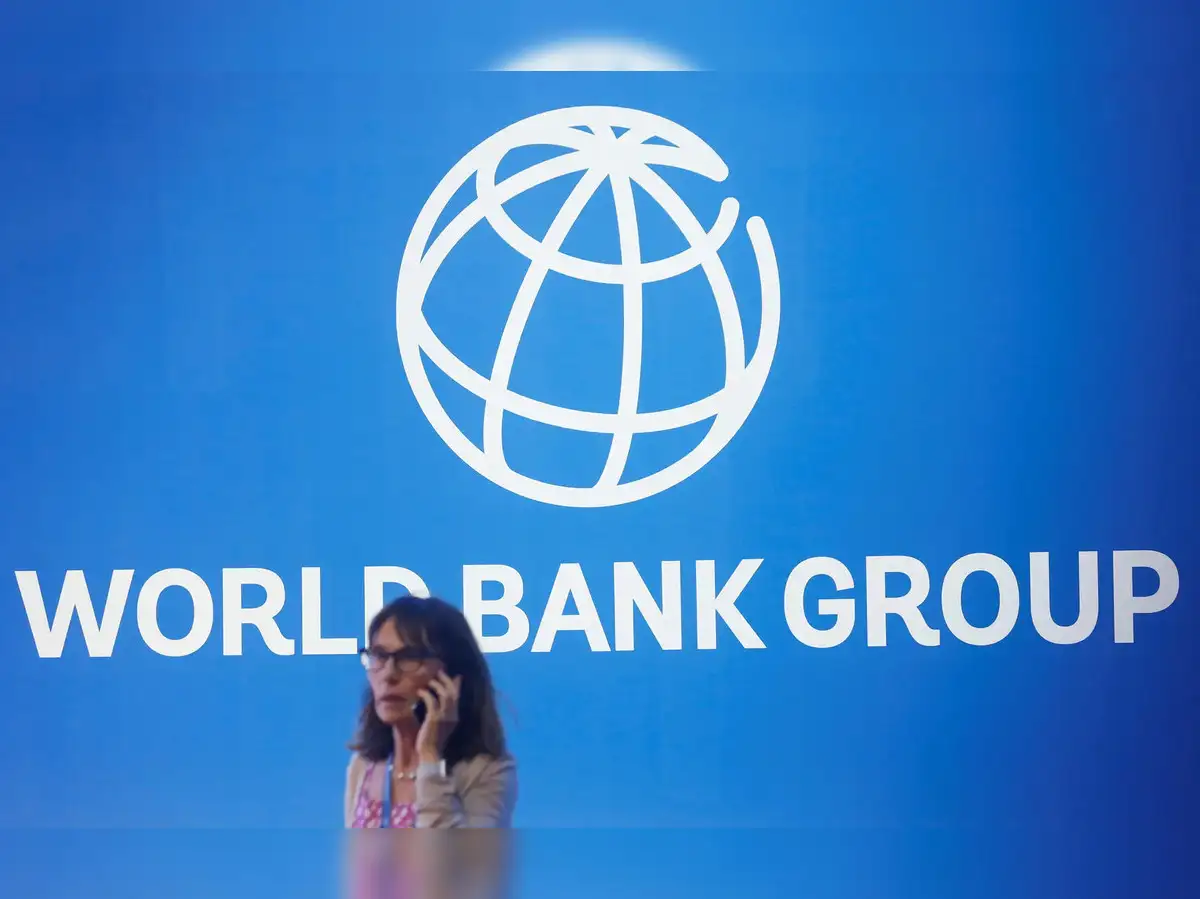IMF Predicts Global Economy Will Avoid Recession

The International Monetary Fund (IMF) has indicated that the global economy is expected to sidestep a recession, despite escalating trade tensions fueled by U.S. tariffs. IMF Managing Director Kristalina Georgieva cautioned, however, that these trade disruptions will incur significant costs. As the IMF prepares for its upcoming Spring Meetings, Georgieva noted that while global growth forecasts will be revised downward, a contraction is not anticipated.
Trade Disruptions and Economic Impact
During a press briefing in Washington, Georgieva highlighted the adverse effects of rising trade barriers, particularly for smaller advanced economies and emerging markets that depend heavily on international trade. She emphasized that uncertainty surrounding trade policies complicates business planning, as companies struggle to predict future costs of inputs.
“Uncertainty is costly,” Georgieva stated, underscoring how fluctuating tariffs can lead to market volatility. She pointed out that tariffs function similarly to taxes, generating revenue while simultaneously hindering economic activity. The IMF is expected to lower its global growth forecast of 3.3 percent for 2025 and 2026 in its forthcoming World Economic Outlook report.
Addressing Protectionism and Its Consequences
Georgieva outlined three primary risks associated with increasing protectionism. First, she reiterated that uncertainty hampers business planning. Second, she noted that rising trade barriers negatively impact growth in the short term. Lastly, she warned that protectionism could diminish productivity over time, particularly in smaller economies.
To mitigate these risks, Georgieva urged countries to implement corrective measures, including adjusting fiscal policies to reduce debt and maintaining central bank independence through credible monetary policies. She stressed the importance of proactive measures to navigate the challenges posed by trade disruptions.
Calls for Global Cooperation and Policy Adjustments
In her remarks, Georgieva addressed specific challenges faced by various countries. She encouraged China to enhance domestic consumption and transition away from an export-driven growth model. For the United States, she advocated for a strategy to manage surging public debt effectively.
The IMF chief also highlighted the need for the European Union to bolster competitiveness by deepening its single market. “In trade policy, the goal must be to secure a settlement among the largest players that preserves openness and delivers a more level playing field,” she stated. Her comments reflect the IMF’s longstanding commitment to free trade and open markets, even amid rising global protectionism.
Georgieva concluded by emphasizing the necessity for a resilient global economy. “We need a more resilient world economy, not a drift to division,” she asserted, calling for policies that allow businesses and economies to adapt to changing circumstances.
Observer Voice is the one stop site for National, International news, Sports, Editor’s Choice, Art/culture contents, Quotes and much more. We also cover historical contents. Historical contents includes World History, Indian History, and what happened today. The website also covers Entertainment across the India and World.

